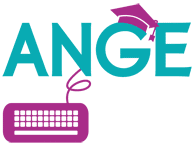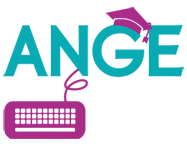WEBINAR – Innovation at the center of educational establishments: What (more) do we know in 2020? Monica Gather Thurler
In my book published in 2000 and entitled “Innovating at the heart of the school establishment”, I tried to identify the conditions under which the school establishment can become a strategic node for innovation in education, starting from the following question : What are the characteristics of the culture and the functioning of an establishment which influence its potential for change, for better or for worse? I had distinguished six, corresponding to the following dimensions : work organization; professional relationships ; culture and collective identity; ability to project into the future; leadership and the exercise of power; the institution as a learning organization. For each of these dimensions, I tried to show why and by what mediations the characteristics mentioned could prove favorable – or unfavorable – to the change in practices.
Twenty years later – and in the background of analyzes carried out thanks to the support of various development projects – I propose to revisit, within the framework of this videoconference, the six dimensions mentioned and to submit them to the two questions following:
a) do they remain relevant in view of the new knowledge of action and innovation built up along the way ?
b) should they be replaced and / or supplemented by other dimensions, and if so, by which ones?
Monica Gather Thurler studied psychology at the Universities of Tübingen / Germany and Geneva / Switzerland and is a doctor in Educational Sciences. Following her commitments in various research, development and educational reform projects, she worked until 2011 as an associate professor at the University of Geneva, in the field “Psychosociological approach to the relationships between professionalization and organizational development ”
Retired since 2011, she continues her training, expertise and support activities with management teams and various training and research institutions, in Switzerland and abroad. With Philippe Perrenoud, in 2000, she created the LIFE (Innovation-Training-Teaching) research laboratory, which is currently coordinated by Olivier Maulini and of which she continues to be a senior member http://www.unige.ch/fapse / SSE / groups / life /).
In the context of her different fields of work and research on innovation in education, she is currently working on the articulation to rethink between process evaluation, organizational development of educational establishments and professionalization of education professions.


